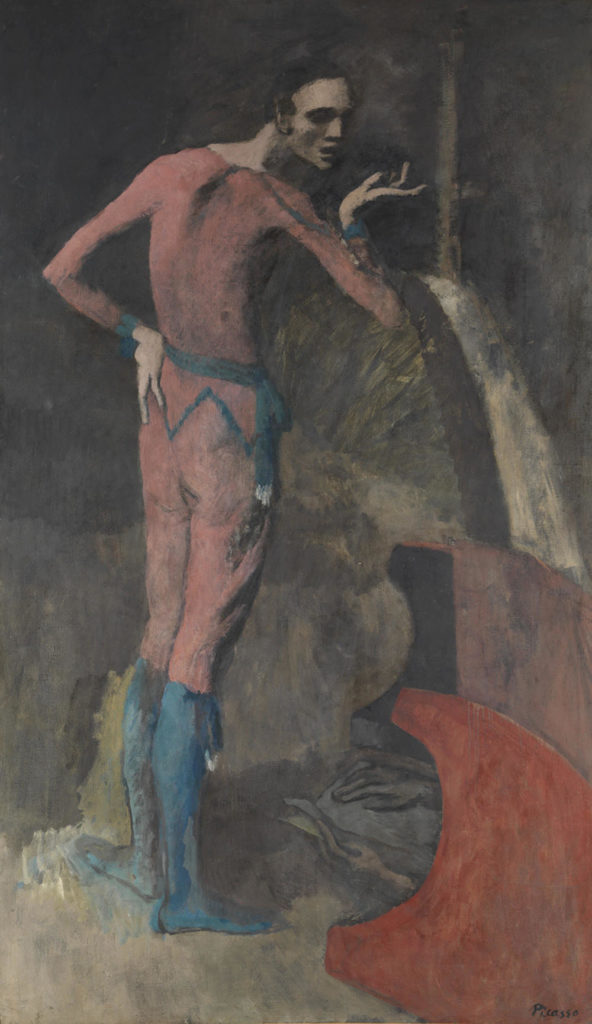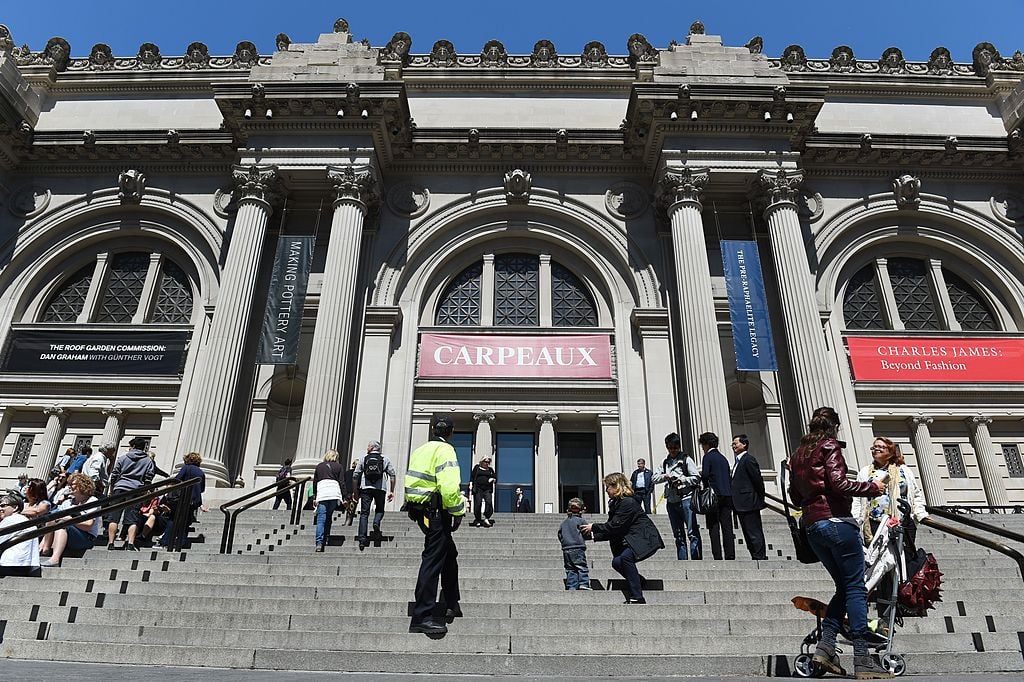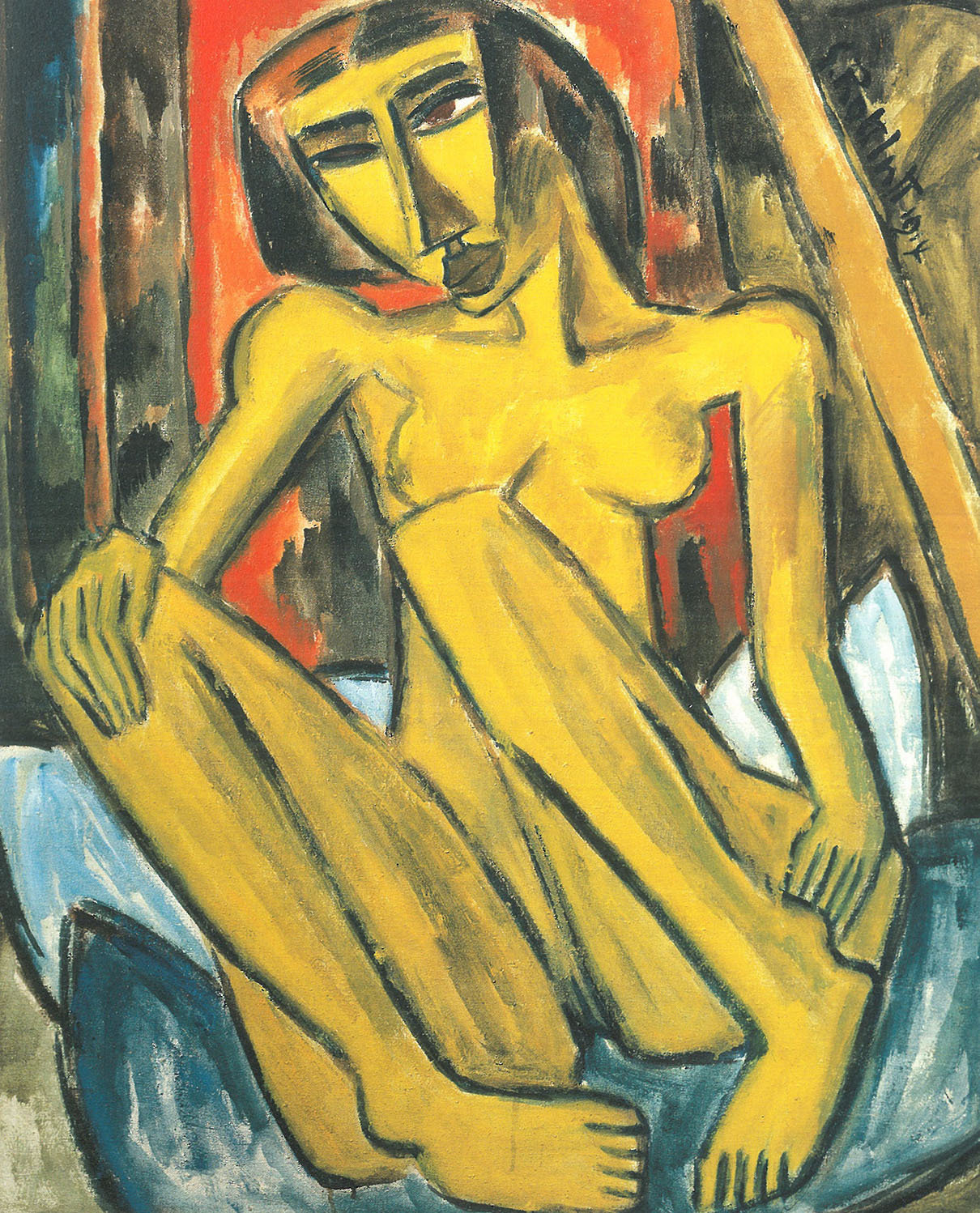Law & Politics
Metropolitan Museum of Art Sued for $100 Million Picasso Sold by Collector Fleeing the Nazis
The proceeds of the sale allowed its Jewish owners to flee to Switzerland.

The proceeds of the sale allowed its Jewish owners to flee to Switzerland.

Sarah Cascone

One of the most valuable paintings in the Metropolitan Museum of Art’s collection is the subject of a new lawsuit which alleges that the piece, Pablo Picasso’s The Actor (1904–05), worth an estimated $100 million, was sold under duress when its owner fled Nazi Germany.
The New York Times reports that Laurel Zuckerman, the great-grandniece of German-Jewish businessman Paul Leffmann and administrator of his estate, filed suit against the museum in United States District Court for the Southern District of New York on September 30. The complaint states that Leffmann was forced to sell his Cologne home and businesses in 1935, leaving the country for Italy two years later.
The couple had stored The Actor with an acquaintance in Switzerland, which saved it from being seized along with most of their possessions. By 1938, however, it became clear that Italy was adopting anti-Semitic policies similar to those of Germany. Residency there became untenable, and the Leffmanns desperately need to raise money to be able to move again.
Leffmann sold The Actor for $13,200 ($12,000 minus the seller’s commission) to two Parisian art dealers, Hugo Perls and Paul Rosenberg, allowing him to flee to with his wife Alice to Switzerland and later Brazil. “The Leffmanns would not have disposed of this seminal work at that time, but for the Nazi and Fascist persecution to which they had been, and without doubt would continue to be, subjected,” states the complaint.

The Metropolitan Museum of Art, New York. Courtesy of Stan Honda/AFP/Getty Images.
The complaint argues that Perls and Rosenberg purchased the artwork for below market value, pointing out that when Rosenberg loaned the artwork to New York’s Museum of Modern Art in 1939, he insured it for $18,000—50 percent more than he had paid just a year earlier.
Thelma Chrysler Foy, who donated the painting to the Met in 1952, purchased The Actor from New York gallery M. Knoedler & Co. in 1941. She paid $22,500, or 70 percent more than what the Leffmanns got for the work.
The complaint also notes that the Met’s listed provenance for the painting inaccurately mentioned an anonymous German collector as having owned it until 1938, even though Leffmann had purchased it in 1912. The museum attributes this omission to incomplete information provided by Perls.
Zuckerman and her attorneys, Herrick, Feinstein LLP, have been seeking the return of the painting from the museum since 2010.
In a statement, the Met insisted it had the “indisputable title” to the painting. “While the Met understands and sympathizes deeply with the losses that Paul and Alice Leffmann endured during the Nazi era, it firmly believes that this painting was not among them.”
The museum alleged that The Actor was sold for “a higher price than any other early Picasso sold by a collector to a dealer during the 1930s.” The Met website describes the painting “simple yet haunting.”

Karl Schmidt-Rottluff, Nude, 1914. Courtesy of the Neue Galerie.
“We believe the painting is tainted by the history of the Holocaust, and the Leffmanns, given the circumstances under which they sold it, never lost title,” said Lawrence Kaye, who represents Zuckerman, to Reuters.
This isn’t the first time The Actor, which has been on continuous view at the Met since its donation, has made headlines. In January 2010, a visitor to the Met accidentally fell onto the historic canvas, tearing a six-inch hole on the work. It was successfully restored in time for the opening of a major Picasso exhibition at the museum in April.
Last week, the Neue Galerie, also in New York, announced that it had returned and repurchased a work from its collection after learning that it had a disputed provenance with ties to the Nazis. The 1914 nude by German Expressionist artist Karl Schmidt-Rottluff had been owned by art collector and shoe manufacturer Alfred Hess and his wife, Tekla, but went missing in 1939 when Tekla fled Germany for the UK.